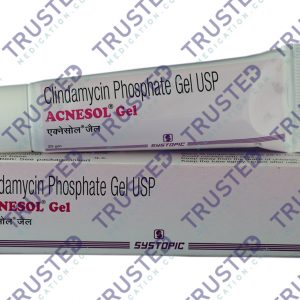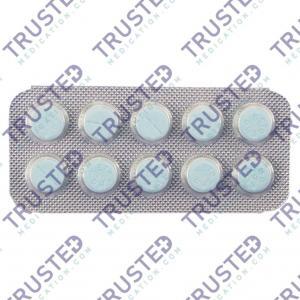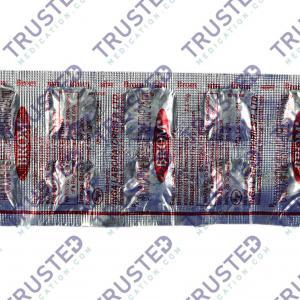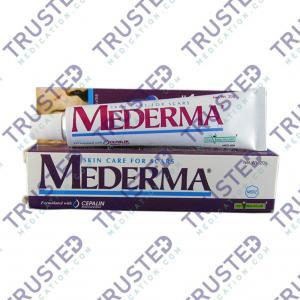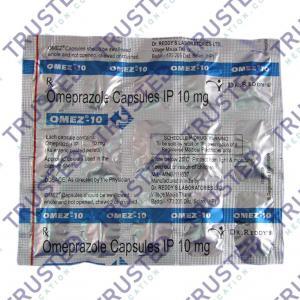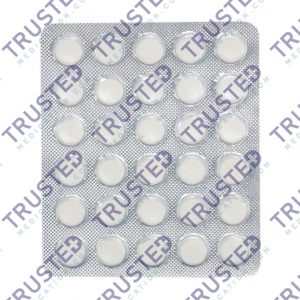
Arrhythmia is an irregular heart rhythm. It is a condition that occurs when the heart beats too quickly, too slowly, or with an irregular pattern.
A heart arrhythmia can feel like a fluttering, hammering, or speeding heartbeat. Some cardiac arrhythmias are benign. Others may have life-threatening symptoms.
What causes arrhythmia?
Arrhythmia can occur when there is a disruption in the electrical impulses responsible for coordinating heart contractions. This disruption often stems from issues such as:
· abnormalities in the electrical signals governing the heartbeat
· injury to heart tissue
· heightened levels of strain or stress
· fluctuations in blood electrolytes or fluids
· shifts in hormone levels
· certain medications
· alcohol and drug abuse
· congenital heart defects
· aging
What are the symptoms of Arrhythmia?
In many cases, arrhythmias do not cause any symptoms and may only be detected during a routine check-up. However, some people may experience symptoms such as:
· a racing or fluttering heart
· chest pain
· shortness of breath
· lightheadedness
· fainting
These symptoms can range from mild to severe and may indicate a more serious underlying condition.
Types Arrhythmia
Heart arrhythmias are often classified based on the pace at which they occur. For example:
1. Tachycardia– is a rapid heartbeat. The heart rate is greater than 100 beats per minute.
· Atrial flutter: Similar to A-fib but more organized, it also heightens the risk of stroke and heart failure.
· Atrial fibrillation (A-fib): Common and chaotic, this affects the heart’s upper chambers, increasing stroke and heart failure risk.
· Supraventricular tachycardia (SVT): Rapid heartbeat originating in the upper heart chambers, hindering proper blood filling.
· Ventricular fibrillation (VF): Causes lower heart chambers to quiver, impeding blood flow and posing immediate danger if not treated.
· Ventricular tachycardia (VT): Rapid heartbeat starting in the lower heart chambers, potentially life-threatening.
2. Bradycardia- is a sluggish heartbeat. The heart rate is fewer than 60 beats per minute.
· Sick sinus syndrome (SSS) occurs when the sinus node, which regulates heart rate, malfunctions. This causes erratic pacing—alternating between slow and fast rhythms. It’s often due to scarring near the sinus node, prevalent in older adults.
· Conduction block occurs when electrical pathways in the heart are obstructed. Thus, resulting in slowed or halted signals.
Complications of Arrhythmia
Untreated arrhythmias can lead to various complications, including:
- Stroke: If the heart is not pumping effectively, blood can pool and form clots. This can travel to the brain and cause a stroke.
- Heart failure: Persistent arrhythmias can weaken the heart muscle over time, leading to heart failure and its associated symptoms.
- Cardiac arrest: In some cases, arrhythmias can lead to cardiac arrest, where the heart suddenly stops beating.
How is arrhythmia treated?
Treatment options for arrhythmia include:
- Medication: Medications are a common treatment for arrhythmias, but finding the right one may require trying various drugs and doses.
· Antiarrhythmic drugs: These medications aim to restore normal heart rhythm or prevent arrhythmias.
· Heart rate control drugs: Medicines to regulate heart rate.
· Anticoagulants or antiplatelet therapy: Drugs like warfarin or aspirin help reduce the risk of blood clot formation.
· Medications for underlying conditions contributing to abnormal heart rhythms.
- Cardioversion: This is a procedure that uses electricity to restore a normal heart rhythm.
- Implantable devices: Devices such as pacemakers and implantable cardioverter-defibrillators (ICDs) can help regulate the heartbeat and prevent arrhythmias.
- Catheter ablation: This is a procedure that uses heat or cold to destroy the abnormal tissue causing the arrhythmia.
- Surgery: In some cases, surgery may be necessary to treat arrhythmias, such as a coronary artery bypass graft or a maze procedure.

